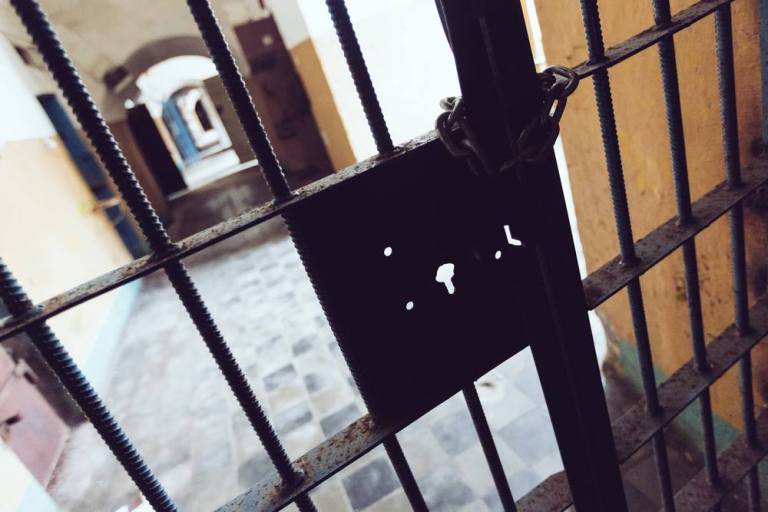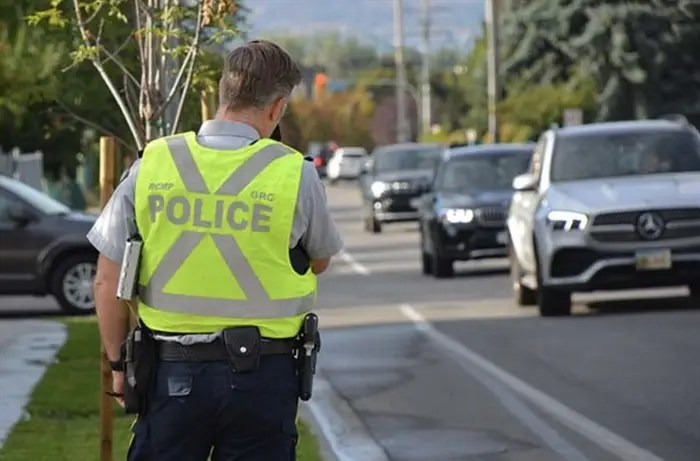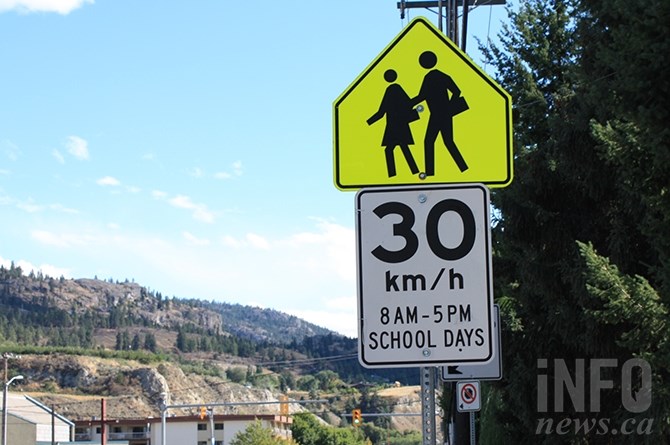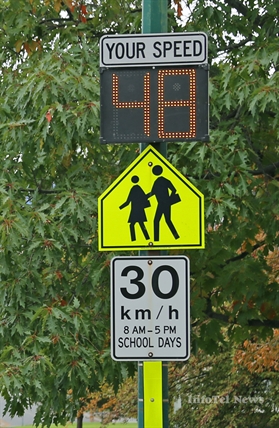

Tk’emlups toads protected with new road sign
Tk'emlups is trying to protect a threatened species with a new frog crossing sign.
A pond along the Mount Paul Industrial Park home is a prime breeding ground and the new sign advises drivers to slow down in case they are crossing.
In B.C., the Great Basin spadefoot is found only in the dry Kettle, Nicola, Thompson, Okanagan and Similkameen valleys, but its range extends as far south as Arizona. According to the provincial government, its one of a small number of desert-adapted amphibians, which survives droughts by burying itself and secreting a gelatinous coat over its body.
READ MORE: The old-growth B.C. rainforest you've (probably) never heard of
The wetland where they live on Tk'emlups land is a protected area, free from the threat of future development, according to Devin Gambler of the Tk'emlups te Secwepemc.
Gambler said NRD Modular Solutions, a modular housing manufacturer, proposed the sign to the Band as it's offices are adjacent to the pond.
"(NRB) came to us saying we'd like to raise awareness for the protected area," Gambler said, adding that the Band then covered a portion of the costs of the sign.
READ MORE: West Kelowna turtle carnage appears to be down with new sign installations
The sign, similar to turtle crossing signs in the Okanagan, will hopefully protect the toad from slaughter by vehicle.
According to the B.C. environment ministry, the biggest risk to the spadefoot toad is development at its breeding grounds, but road kills are common during migration to and from breeding areas.
Its population isn't known, but the federal government estimates there to be around 10,000 toads in B.C., with half of those found in the Okanagan. It notes, however, the toad is also the most threatened in the Okanagan because of habitat loss.
Breeding can begin in mid to late April or as late as July in cooler years. They can often breed in seasonal wetlands, so their habitats may dry up as the weather gets warmer.
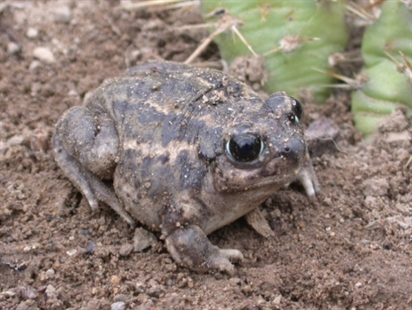
READ MORE: Kelowna residents caught trying to sell threatened western painted turtle online
To contact a reporter for this story, email Levi Landry or call 250-819-3723 or email the editor. You can also submit photos, videos or news tips to the newsroom and be entered to win a monthly prize draw.
We welcome your comments and opinions on our stories but play nice. We won't censor or delete comments unless they contain off-topic statements or links, unnecessary vulgarity, false facts, spam or obviously fake profiles. If you have any concerns about what you see in comments, email the editor in the link above.
News from © iNFOnews.ca, . All rights reserved.
This material may not be published, broadcast, rewritten or redistributed.

Join the Conversation!
Want to share your thoughts, add context, or connect with others in your community?
You must be logged in to post a comment.


